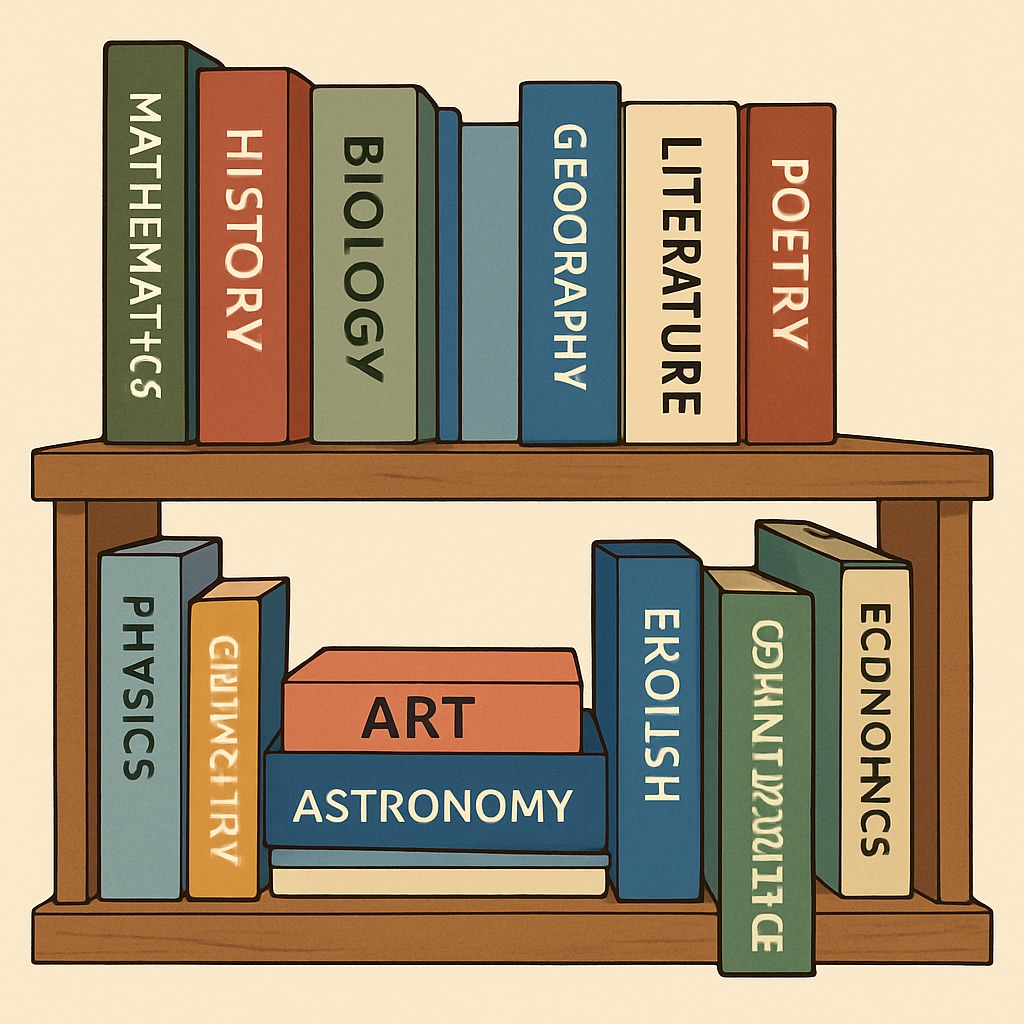Learning how to learn effectively is one of the most valuable skills a student can acquire, especially during the formative K-12 years. In this article, we explore five essential books that provide actionable learning methods and memory techniques designed specifically for teens. These books not only introduce scientific strategies for mastering knowledge but also emphasize cultivating habits and mindsets for lifelong learning. Whether you’re looking for practical tips or foundational theories, these recommendations will transform your approach to studying.
Mastering the Art of Learning: Top Books for Teens
Effective learning is not just about spending hours studying; it’s about using the right techniques to maximize retention and understanding. Below are some of the most acclaimed books that focus on learning methods and memory techniques:
- “Make It Stick: The Science of Successful Learning” by Peter C. Brown – This book dives into cognitive psychology and explains why certain study habits work while others fail. From spacing out learning sessions to testing oneself, the authors provide evidence-based strategies to enhance learning.
- “How to Become a Straight-A Student” by Cal Newport – A practical guide for high school and college students, Newport’s book focuses on efficient study habits, time management, and avoiding procrastination. It’s perfect for teens aiming to balance academics with extracurriculars.
- “A Mind for Numbers: How to Excel at Math and Science” by Barbara Oakley – Though targeted at STEM students, Oakley’s insights are universally applicable. She breaks down how the brain processes complex information and offers tips for mastering even the toughest subjects.
- “Brain Rules” by John Medina – Medina’s book is a fascinating exploration of how the brain works. It provides practical advice on improving memory, focus, and learning efficiency, rooted in neuroscience research.
- “Unlimited Memory” by Kevin Horsley – If you’re looking to boost memory skills, this book is a must-read. Horsley shares techniques like visualization and association to help readers remember information more effectively.

Building Lifelong Learning Habits
In addition to learning methods and memory techniques, these books emphasize the importance of consistent habits and a positive mindset. Here are key takeaways for teens:
- Practice Active Recall: Testing yourself regularly helps cement knowledge in long-term memory.
- Break Down Large Tasks: Organize study sessions into manageable chunks to avoid overwhelm.
- Embrace Failure as Learning: Mistakes are opportunities to refine your understanding and improve.
- Maintain Curiosity: Cultivating curiosity drives motivation and deepens engagement with the subject matter.
These principles align closely with concepts found in the recommended books, making them ideal resources for students who want to build effective learning habits early in life.

Why These Techniques Matter
Understanding and applying effective learning methods and memory techniques can have far-reaching benefits. For example:
- Improved Grades: Students who use evidence-based learning strategies often perform better academically.
- Enhanced Focus: Techniques like meditation and mindfulness, discussed in some of these books, help students stay attentive during study sessions.
- Preparation for Lifelong Learning: Skills gained from these methods are transferable to future education and professional environments.
For further exploration, check out Learning on Wikipedia and Memory on Britannica for foundational concepts.
In conclusion, these five books offer teens a roadmap to mastering effective study techniques and memory skills. By adopting the strategies outlined, students can unlock their full potential, paving the way for academic success and lifelong learning.


